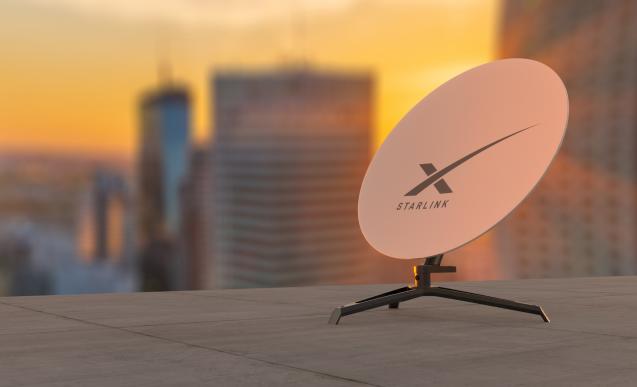
Harnessing Smart Home Technologies: The Future of Power Consumption in Sydney
Understanding the Role of Smart Home Technologies in Energy Conservation
Smart home technologies comprise a range of automated systems and devices designed to deliver convenient, efficient home operations. These cutting-edge technologies encompass various fields, from temperature control to security and lighting systems. They promise energy conservation through efficient use of power, reducing wastage and optimising energy usage. On a global scale, smart technologies are creating ripples, aiding in significant power savings and inspiring Sydney to follow suit.
Current State of Smart Home Technologies in Sydney
The current state of smart home technologies in Sydney reflects a mixed landscape, with promising acceptance among forward-thinking homeowners. Factors influencing the adoption rate include cost, awareness, and accessibility. More affordable and user-friendly solutions tend to experience quicker uptake, driving the overall growth in the smart home market within the city.
Sydney has witnessed encouraging adoption, primarily in lighting controls, smart thermostats, and energy-efficient appliances. These technologies are gaining prominence for their significant role in reducing energy expenditure, aligning with the city's focus on sustainability and efficiency. Despite some challenges, the positive momentum suggests a growing interest in and acceptance of smart home technologies in Sydney, paving the way for further advancements in connected and energy-efficient living.
The Potential Impact on Sydney’s Residential Power Consumption
The influence of smart home technologies on residential power consumption is nothing short of revolutionary. These technologies present the potential for significant savings in power consumption, with reduced energy expenditure being directly proportional to cost savings for Sydney's residents. Moreover, decreased power consumption spells good news for the environment, cutting down on harmful emissions. It's also worth noting the need for Sydney residents to be proactive in using these technologies for power conservation.
The Challenges and Solutions in Implementing Smart Home Technologies
With new technologies, come new challenges. Obstacles to the adoption of smart home technologies include installation difficulties, security concerns, and hesitance about return on investment. However, these challenges present opportunities for growth and innovation. Alongside, government initiatives and policies play a vital role in promoting their use. The successful transition to smart homes in Sydney, supported by comprehensive energy expenditure insights for Sydney, paints a promising picture of what future urban living in Sydney could look like.
Future Prospects of Smart Home Technologies in Sydney
The growth of smart home technologies in Sydney shows no signs of slowing. Besides contributing to power savings, these technologies hold potential benefits in lifestyle and wellbeing areas, opening abundant possibilities for the future. Next-gen smart home technologies, such as AI integration and Internet of Things (IoT) devices, could redefine the city's residential energy landscape. As innovation and research continue to push the boundaries, the scope for smart home technologies is set to rise.
Conclusion
With growing environmental concerns and an ever-increasing focus on sustainable living, the importance of smart home technologies in controlling power consumption in Sydney cannot be understated. The potential impact on Sydney's residential sector is vast, sparking a significant shift in the city's power use landscape. It calls for a concerted effort from individuals and the government to fully harness the potential of these technologies. As Sydney leans into the future, the prospects of power consumption with smart home technologies hold great promise.



